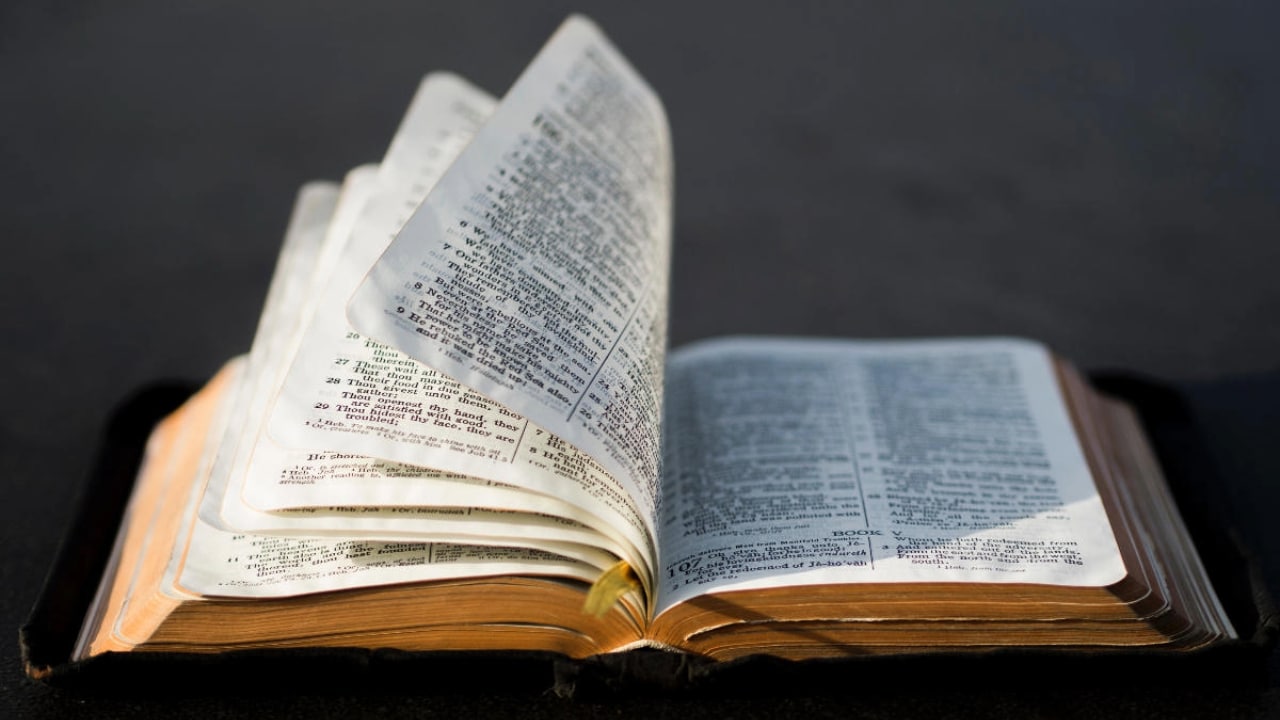O livro de Êxodo é um dos textos fundamentais não apenas para a compreensão do judaísmo e do cristianismo, mas também para a história religiosa em geral. Este livro narra a escravidão dos israelitas no Egito, sua libertação milagrosa sob a liderança de Moisés, o recebimento da Lei no Monte Sinai, e suas provações no deserto. Êxodo não é apenas um relato histórico; é um texto rico em simbolismo, lei, e teologia, oferecendo lições vitais sobre fé, justiça e a natureza de Deus. Este artigo explora Êxodo em profundidade, destacando sua relevância e aplicação para leitores modernos.
A Escravidão no Egito e o Chamado de Moisés
Êxodo começa com os israelitas em condições de severa opressão no Egito. A ascensão de um faraó “que não conhecia José” marca o início de um período de escravidão e brutalidade. A resposta de Deus a essa opressão é chamar Moisés, inicialmente um fugitivo relutante, para liderar seu povo à liberdade. A história do chamado de Moisés na sarça ardente, onde ele recebe a tarefa divina e aprende o nome sagrado de Deus, YHWH, é fundamental para entender a relação pessoal e poderosa que Deus busca estabelecer com seus líderes e seu povo.
As Dez Pragas e a Saída do Egito
A narrativa das dez pragas é uma demonstração dramática do poder de Deus e uma repudiação dos deuses egípcios. Cada praga visa desafiar uma divindade específica do panteão egípcio, mostrando a superioridade do Deus de Israel. O culminar dessas pragas, a morte dos primogênitos do Egito, resulta na libertação dos israelitas. A celebração da Páscoa, que comemora essa libertação, torna-se um ritual central no judaísmo e no cristianismo, simbolizando a libertação do pecado e da morte.
A Travessia do Mar Vermelho e as Provações no Deserto
Após a fuga do Egito, os israelitas enfrentam o obstáculo aparentemente intransponível do Mar Vermelho. A travessia milagrosa do mar, com as águas se partindo para permitir sua passagem segura, é uma das cenas mais icônicas do Êxodo. Essa libertação dramática é seguida por várias provações no deserto, onde a fé e a obediência dos israelitas são testadas repetidamente. As histórias de maná do céu, água fluindo da rocha, e a batalha contra Amaleque, destacam a dependência contínua do povo de Israel na provisão e proteção divinas.
O Sinai e a Aliança
O Monte Sinai é onde a relação entre Deus e Israel é formalizada. A revelação de Deus a Moisés e a entrega dos Dez Mandamentos são fundamentais para a teologia e ética judaico-cristãs. Aqui, Êxodo se expande para incluir leis detalhadas sobre adoração, justiça social, e conduta pessoal, estabelecendo os fundamentos da Lei Mosaica que governaria Israel como uma nação teocrática.
O Tabernáculo e a Presença de Deus
Êxodo conclui com instruções detalhadas sobre a construção do Tabernáculo, um santuário portátil onde Deus promete habitar entre seu povo. A construção do Tabernáculo, e os rituais associados a ele, sublinham a santidade de Deus e a necessidade de pureza e precisão na adoração. O Tabernáculo serve como um símbolo tangível da presença contínua de Deus com seu povo, uma promessa que sustenta os israelitas em sua jornada subsequente através do deserto.
Aplicações Modernas de Êxodo
Para os leitores modernos, Êxodo oferece ricas lições sobre liberdade, justiça, e a natureza de Deus. Ele desafia os crentes a considerar as formas de opressão moderna e o chamado de Deus para a libertação e justiça. Além disso, as leis do Sinai provocam reflexão sobre a base moral e ética da sociedade contemporânea, enquanto a história do Tabernáculo convida os fiéis a considerar como eles experimentam e manifestam a presença de Deus em suas vidas.
Conclusão
O livro de Êxodo é uma fonte de inspiração e instrução, oferecendo insights sobre a fé, a liderança, a justiça social, e a relação pessoal com o divino. Ao estudar Êxodo, somos convidados a refletir sobre nossa própria jornada de fé, nossas respostas aos desafios e às necessidades de nossa época, e nossa disposição para seguir o chamado de Deus para a liberdade e a vida plena.


